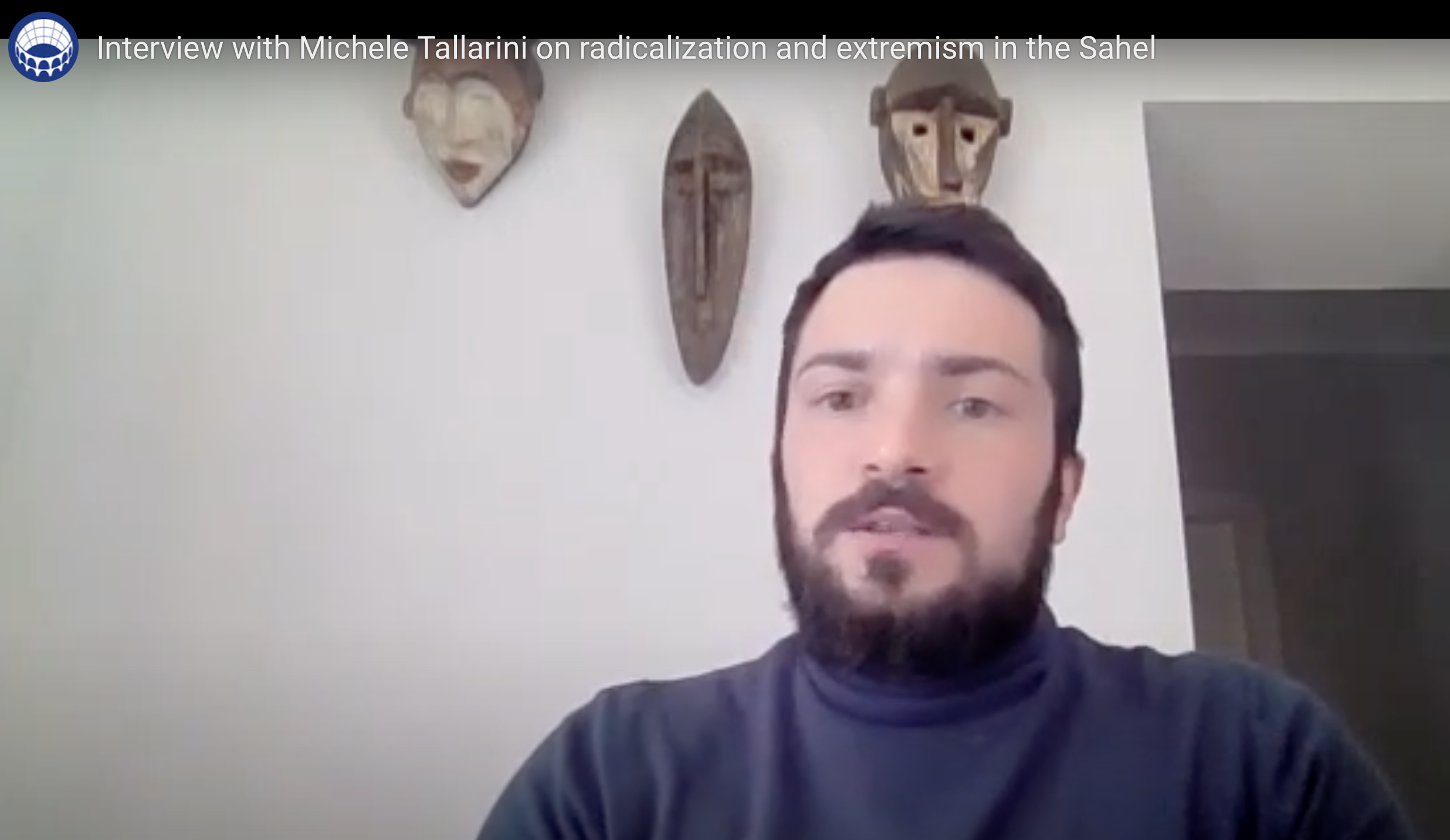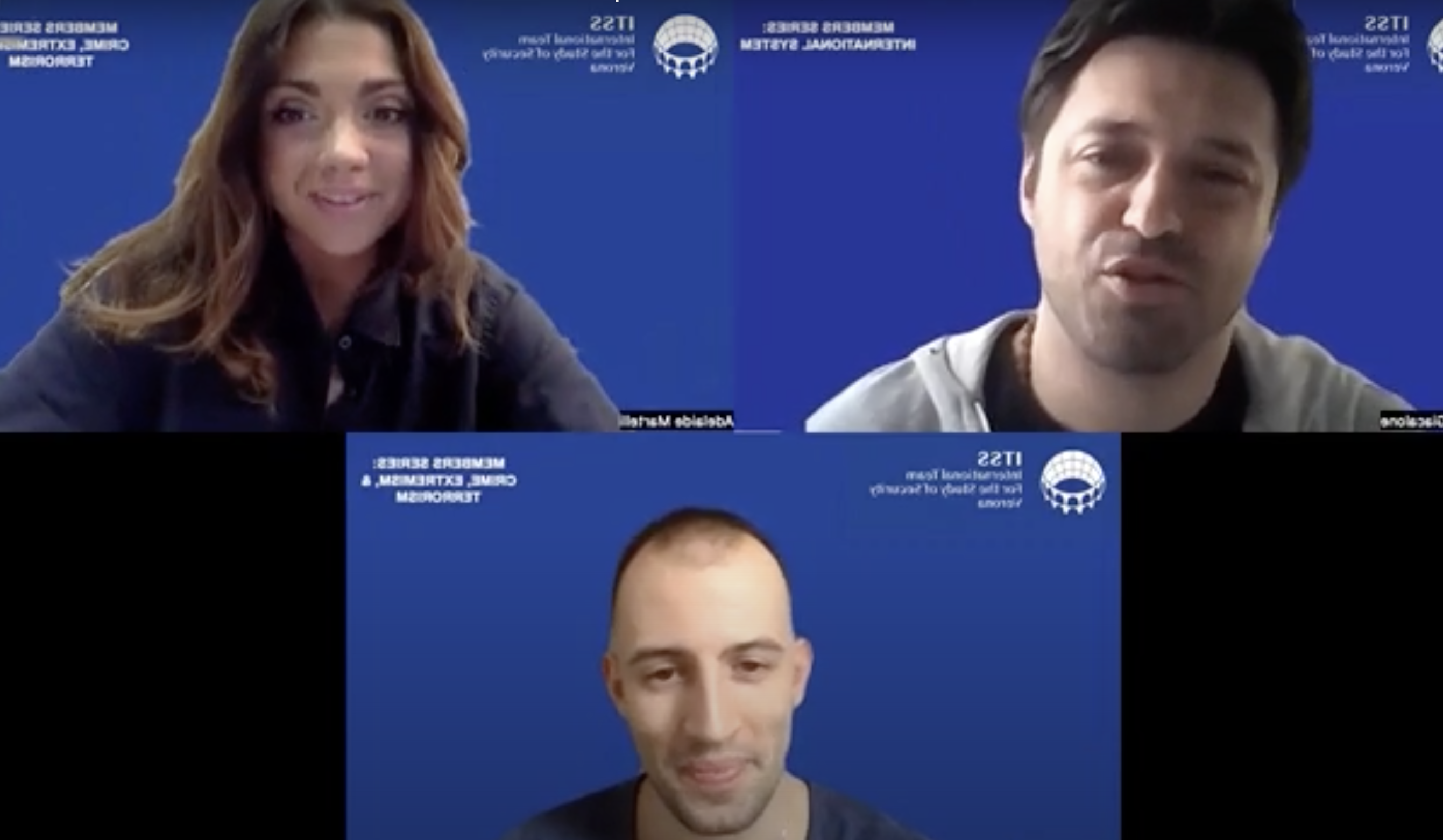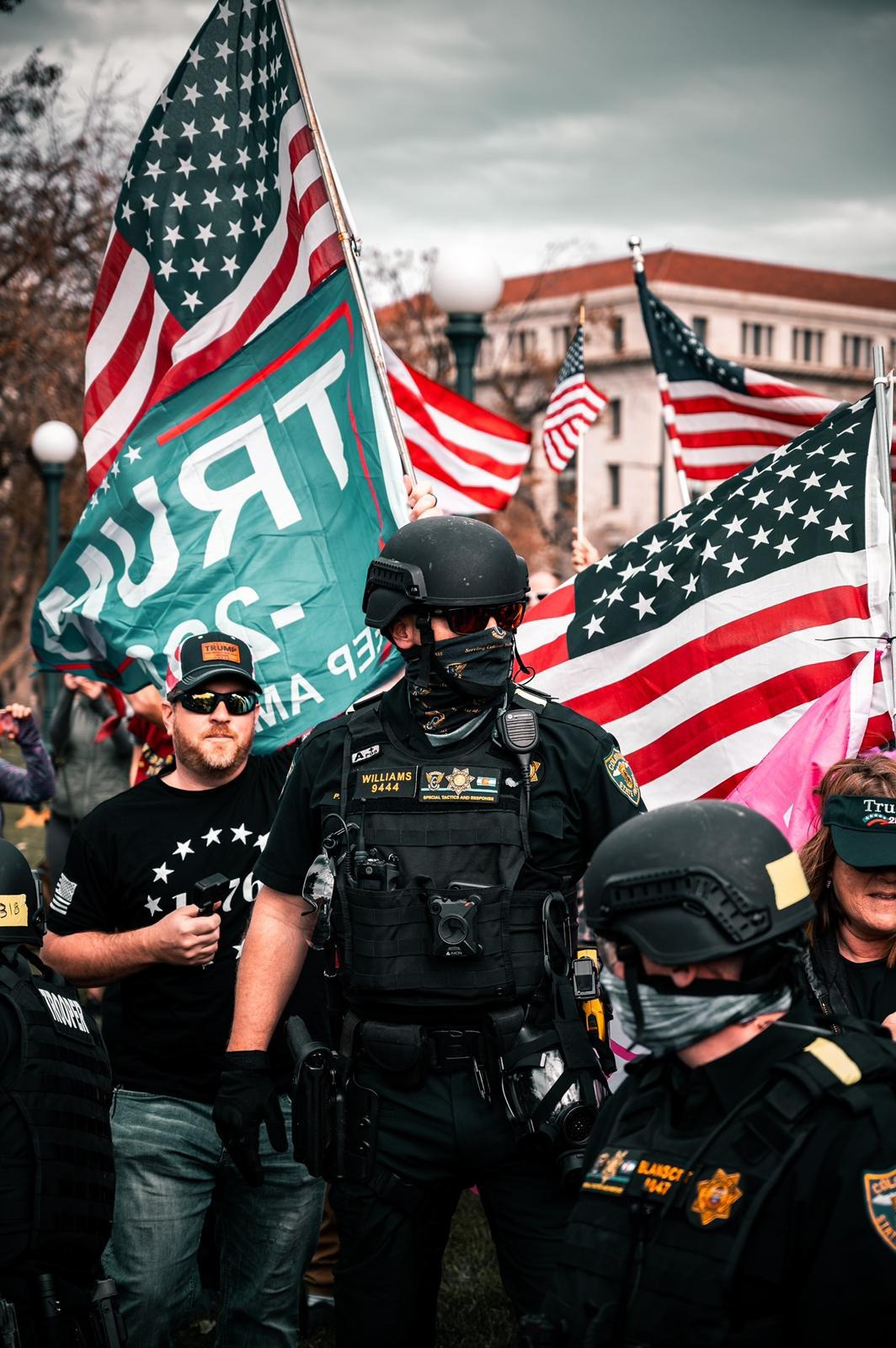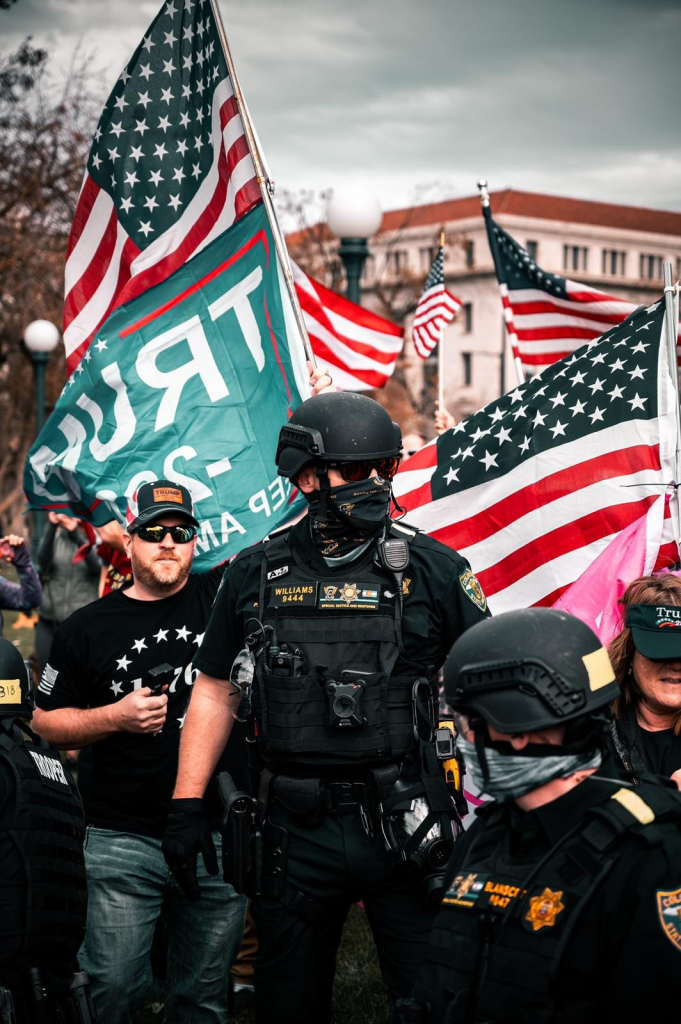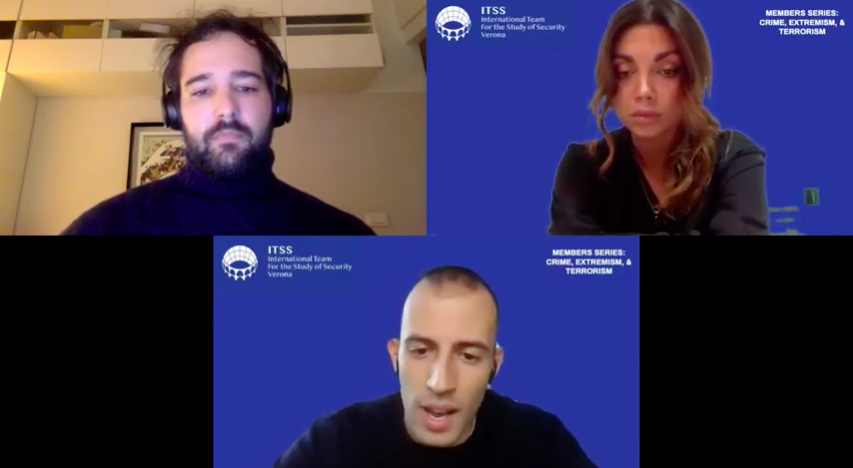Counterterrorism in the wake of EU’s withdrawal and Wagner Group’s operations in the country
Authors: Camilla Cormegna and Liz Morán - Crime, Extremism, and Terrorism Team
The Sahel: the epicenter of terrorism
The emergence of extremism in the Sahel did not take place in a vacuum. Poverty, unemployment, and weak social infrastructures have fostered local support for extremism groups, as supported by the latest UNDP report. More importantly, two events have also been cited as contributors to the Sahel’s instability and insecurity: first, the disintegration of the Libyan state in 2011, which flooded the Sahel with cheap arms and attracted and stirred up violent religious extremism; and second, the Malian civil war of 2012.[1] A decade forward from these events, the Global Terrorism Index warns that the Sahel has become the epicenter of terrorism, with Mali recording its highest number of terrorist attacks and deaths since 2011. Indeed, home to the world’s fastest growing and most-deadly terrorist groups, the region now accounts for 35% terrorism-related deaths of the global total of terrorism deaths in 2021, compared with just 1% in 2007.
Unsurprisingly, such a security challenge has caught the attention of global leaders. In May 2023, Martha Ama Akyaa Pobee, UN Assistant Secretary-General for Africa, warned, in a UNSC and G5 Sahel meeting, that the devastating effects of the persistent destabilization of the Sahel will be felt far beyond the region. Such an understanding also reigns in the minds of European leaders and policymakers, with the Sahel being framed as a security matter to the EU as irregular migration to Europe and violent extremism rose. In this vein, Josep Borrell, High Representative of the EU for Foreign Affairs and Security Policy, stated that “instability and terrorism in the Sahel directly threaten our security. It is therefore our duty of solidarity, and also in our interest, to stand by the people and countries of the Sahel.” Moreover, key EU foreign policy documents (Global Strategy, 2016, i.e.) have reinforced the “internal-external security nexus”.
Thus far, efforts to curb extremism and terrorism have largely failed, prompting the entrance of new security actors into the region and the departure of French troops from Mali. The entrance of these new “(in)security providers”, however, have not been eagerly welcomed by all actors involved in the region. In such a scenario, the Sahel, and especially Mali, may become an important arena for power competition, as a result of the balancing between Europe, the United States, and Russia.
Voices have highlighted the importance to rethink the international community’s approaches to supporting regional security mechanisms. Precisely, this article will reflect both on the EU and Wagner groups’ counterterrorism efforts, assessing their impact in the region.
A failed ‘patchwork of counterterrorism’
Instability in Mali has been shaped by the socio-political crisis that fed the expansion of terrorist groups. The main movements in the region are the Islamic State in Greater Sahara (ISGS), active since 2015, and Jama’at Nasr al-Islam wal Muslimin (JNIM), an al-Qaeda-affiliated umbrella group that appeared in 2017. The conflict, however, has been wrongly framed internationally: these groups are not proxies of the global jihad but have sought to exploit the weaknesses of the region and aim at solving local problems through violence. State absence, the fragility of the rule of law, poverty, poor access to justice and basic services are some of the drivers of extremism in Mali, and terrorist groups have successfully recruited from marginalized communities.
Since 2012, Mali has been defined as a ‘laboratory’ for counterterrorism (CT) interventions, leading to undesired effects on the overall security of the country. The interventions were divided between UN-led peacekeeping operations and France-led military operations based on capacity-building and international and regional cooperation. However, state CT interventions were obscured by human rights abuses. The Malian army adopted Western CT concepts to address the local insurgency issue, pursuing a military-only stance overlooking the root causes of said insurgency, further fueling extremism. National forces have also carried out extra-judicial killings towards the ethnic communities that supported the terrorist groups that offered them protection, fostering grievances against the Malian government and reinforcing the support for insurgency groups.
France’s CT operations in Mali started after the 2012 coup d’état. France, thus, developed Opération Serval in 2013 alongside the Malian army, succeeding in ousting Islamic militants from Mali. Then, in 2014, Opération Serval was transformed into Opération Barkhane to permanently eliminate the jihadi threat and train Malian armies. Barkhane was successful in neutralizing several operational leaders of JNIM and ISGS, crippling their capabilities and leading to an overall reduction of large-scale attacks. Still, Barkhane has been accused of strategic ineffectiveness, as France would seem to have made several mistakes that hindered the operation. Indeed, France’s indiscriminate attacks on groups’ leaders made the Malian community distrustful of them. French and Malian authorities overlooked the role played by economic and political factors that allowed jihadists to acquire a secure position within the region and recruit from marginalized communities. It also failed to evolve its responsiveness towards insurrection’s escalation, which turned into a turf war. The coup de grace was France’s disagreement towards Mali’s decision to negotiate with the terrorist groups. This increased the suspicion towards France’s motives, as the Metropole allowed negotiations for the release of European hostages while negating cooperation when it came to Malian security.

Consequences
Overall, the potential role of European peacekeeping and CT operations did not bear the anticipated fruit. More CT did not equal more security in Mali, which experienced a surge in internal displacement and humanitarian crisis. Purely military responses have proven to be ineffective at reducing terrorism and have had the opposite result, pushing local populations towards jihadists. European CT strategies have further empowered the Malian junta, accused of human rights abuses as well as corruption, and the local community may perceive European help as complicity. Moreover, CT operations can be fruitful in the short-term but ineffective in the long run if not paired with strategies that target the drivers of extremism, such as socio-economic issues and state absence. Indeed, the “war on religious terrorism” mentality has diverted attention from governance problems, while the paradigm based on the “terrorist” label is problematic because it does not exist in vernacular dialects. For local communities, insurgents are not the main security challenge but armed robbers, cattle thieves, and ethnic tensions.
France’s unwillingness to negotiate with terrorists was the last straw, leading to a deterioration of French-Malian diplomatic and political relationship. The military junta, in power since the 2021 coup, hampered France’s operations while anti-Western sentiments exploded in the region and the Wagner Group increased its presence. In 2022, France and the EU halted all capacity-building programmes, with Barkhane coming to an end. They also relocated their military resources to neighboring countries and ISGS took advantage of France’s withdrawal.
The Wagner Group in Africa
The Wagner Group, a private military contractor, has been expanding its footprint into various African countries, with Mali its most recent conquest, by leveraging “Western policy missteps, anti-European sentiment, and the long-standing failures of international and local actors to address the root causes of regional instability”. Russia’s interests in Africa, however, precede the recent involvement of the Wagner Group: since 2006, Russian President Vladimir Putin has sought to rebuild Russia's presence and influence in Africa. Some argue that it is precisely to achieve such an end that Russia has used mercenary groups to advance Moscow's interests in the region.
Since its involvement, the Group has been engaging in activities such as leading training exercises, fighting anti-government forces, and suppressing protests. Now, while the Wagner Group often aligns with Russia’s foreign policy interests, its status as an independent contractor allows it to maintain a level of unpredictability and gives Russia plausible deniability for its actions. This, thus, seems to make the Group a valuable tool in the hands of Russian policymakers to balance Western presence in the region and test new military cooperation environments –without appearing overly involved.
Some commentators have argued that the partnership between Russian proxies and African governments is not solely the result of major regional disinformation campaigns. Instead, it stems from a conscious decision by African leaders and civil society actors who actively seek cooperation with Russia. In this sense, African states seek greater agency in managing their own affairs, resisting Western imposition and being receptive to narratives against Western colonialism. Russia, thus, has identified a window opportunity and adapted its foreign policy discourse: Russian Foreign Affairs Minister, Sergei Lavrov, remarked that Moscow remains supportive of Africans’ efforts to push back against the West and works with partners in Africa to counter “European colonialism”.
Certainly, the Group’s involvement in the region is not exempt from criticism. Some argue that Russian forces tend to use Malian soldiers as “cannon fodder”, exposing them to greater risks. Others have stated that the group's objective is not to stabilize the countries where it operates, but rather to provide security to several regimes in exchange for access to valuable natural resources. Likewise, it has been said that the Group's presence in Africa is likely to further destabilize the countries where it operates. First, because its transactional relationships with Sahelian governments undermine their legitimacy in the eyes of the population. Second, because the Group’s approach focuses primarily on providing security through kinetic means, neglecting critical aspects of counterinsurgency, such as strengthening the rule of law and promoting good governance. Indeed, experts have argued that the Wagner Group's approach may have yielded isolated short-term results but has ultimately failed to address the underlying challenges. Moreover, the absence of French airstrikes, which Islamists feared, has emboldened insurgents, leading to a significant increase of violence in Mali. Finally, the Group's human rights abuses contribute to grievances among the population, creating a fertile ground for terrorist groups to recruit new members. Studies have, in fact, shown that the Group engages in high levels of civilian targeting in Central African Republic and Mali, with it accounting for a significant portion of Wagner's involvement in political violence.
Conclusion
The Malian situation has revealed the insufficient effectiveness of European-led CT to combat local insurgencies. A securitized and purely military approach has shown tactical success and has aggravated the situation by contributing to pushing local marginalized communities into the arms of jihadists. Moreover, the various strategies have been hindered by the unwillingness of local authorities to change their clientele-based political systems. This has opened new opportunities for other international actors such as Russia, which has fueled already existing anti-Western grievances.
Wagner’s presence in the region has caused more insecurity but the belief that their aid is contributing to the fight against terrorism is emboldening the current junta. However, it is unlikely that Wagner’s assistance to the Malian army will be successful in leading a fruitful CT strategy. There is concern that the departure of EU allies could accelere the reconstruction of supply routes and fundings for terrorist groups in the region. Security experts are also concerned about the risk of terrorism spreading over neighboring countries in the Gulf of Guinea which have already been subjected to terrorist attacks attributed to JNIM and other al Qaeda-affiliated groups. The Sahel can be the next arena of competition for power, therefore future CT strategies should address the capacity of Sahelian states through a governance-focused approach and address the drivers of extremism.
[1] Since the year 2015, Mali has experienced a continued upward trend in terrorist attacks and deaths related to it. This trend began with the 2015 declaration of a state of emergency in the wake of the Radisson Blu Hotel attack in Bamako.

